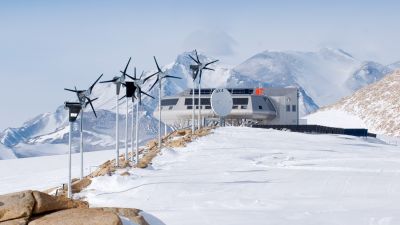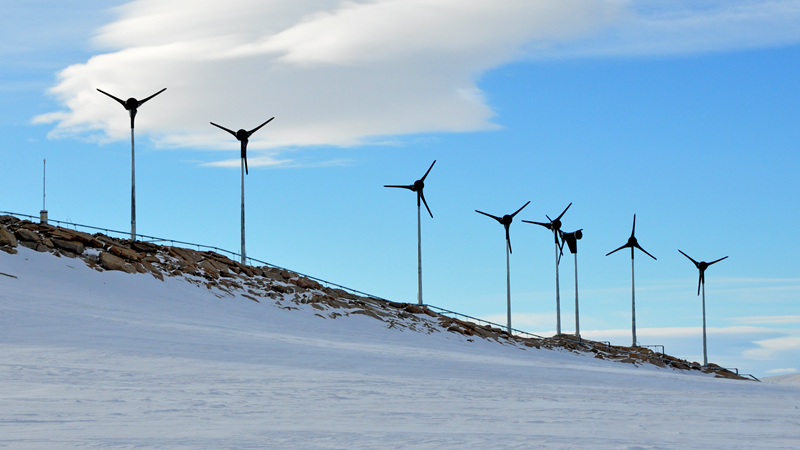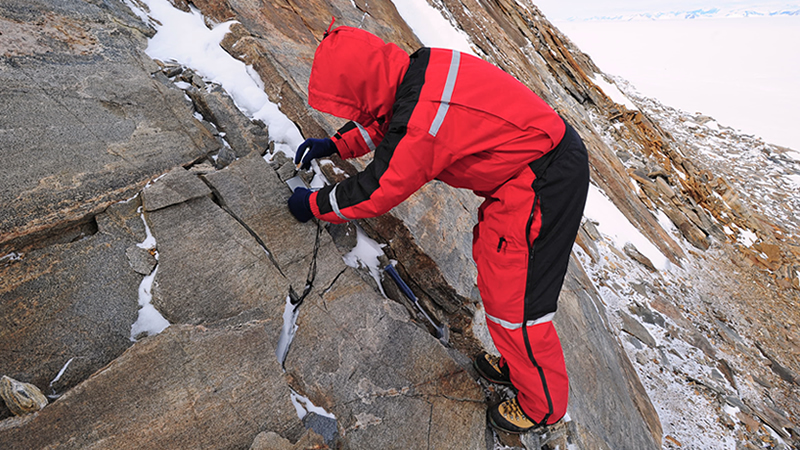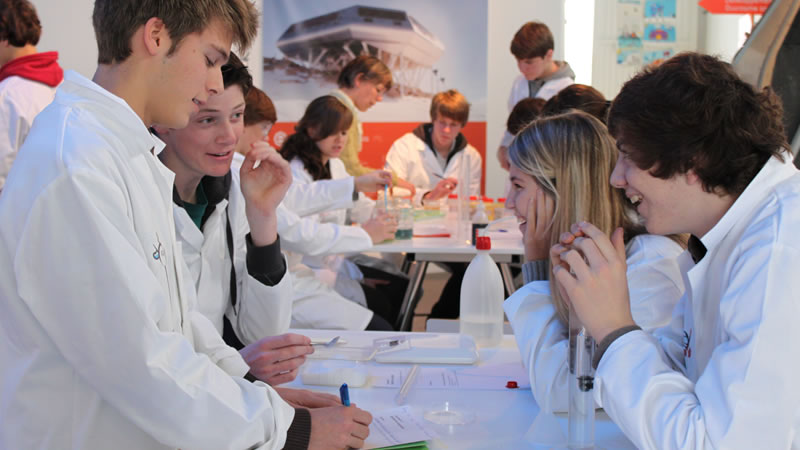Until Next November!
Yet another successful research season has come to an end at the Princess Elisabeth Antarctica.

For decades, Antarctica has been the home of science and an example for preservation governance. The International Polar Foundation heralded the return of Belgium on the continent with the first ever “zero emission” station: Princess Elisabeth Antarctica.
Yet another successful research season has come to an end at the Princess Elisabeth Antarctica.
Last week most of the scientists and several of the crew headed home from the Princess Elisabeth Antarctica, having accomplished their scientific objectives for this season. Only a core crew…
Last week IPF staff, scientists, and engineers were very active in outreach activities from Antarctica.
In January 2024, researcher Sibylle Boxho from the Unviersite Libre de Bruxelles (ULB) travelled to Antarctica for the PASPARTOUT project, which is seeking to understand the links between atmospheric circulation patterns,…
January 2024 saw the passage of the CHINARE research plane the Snow Dragon at the Princess Elisabeth Antarctica and several resarch projecs head out into the field towards the coast.

The design of the Princess Elisabeth Station goes well beyond the package. Every aspect of the station was worked and re-worked to minimize energy and material loss while optimizing performance and space.

Two seasons of building were needed for the Princess Elisabeth Station to become entirely operational and welcome its first scientists. From 2004 onwards, follow the history of the station as it unfolds.

Princess Elisabeth Antarctica is a puzzle that took existing parts and reassembled them in an innovative way. As a prototype, the station is subjected to perpetual improvements to its efficiency, autonomy, and equipments.

A new station in a vastly unexplored region of Antarctica, Princess Elisabeth Antarctica provides scientists with a wide variety of research environments and the necessary support to conduct their research in the best conditions.